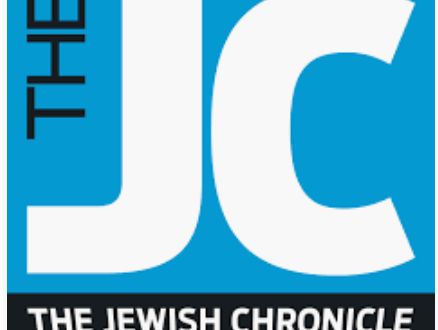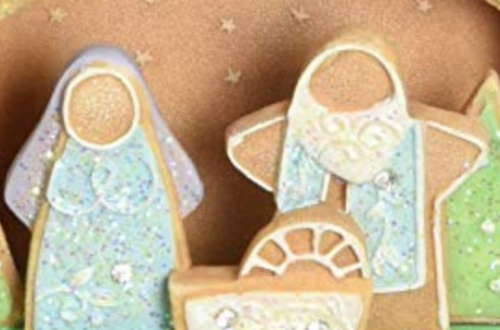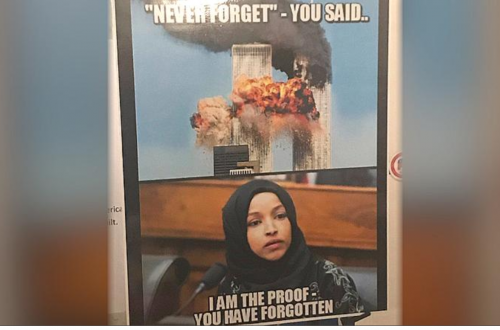Last night Sayeeda Warsi gave a speech at a dinner hosted by Tell MAMA UK. You can read the full text here. She reminded guests of the reality of anti-Muslim bigotry in the UK, a problem which Tell MAMA, of course, is there to monitor and try to help prevent. Getting the right data is crucial if the problem is to be tackled effectively:
The Association of Chief Police Officers has, for the first time, started to disaggregate the hate crimes reported to police in 2011.
And early indications are that 50 to 60% of reported religious hate crimes were anti-Muslim.
I don’t need to give you story after story about the mosque that’s been attacked or the women who have had their headscarf ripped from their heads, or abused for wearing religious dress, or the discrimination in the job market or the online abuse.
She goes on to report that a recent poll found that only ‘24% [of Britons] thought Muslims were compatible with the British way of life’. I’d want to see how the question was framed – did it really say ‘Muslims’ or ‘Islam’? I can see that even if it was ‘Islam’ that the findings would be of great concern, but there is a difference.
Warsi later harks back to a distinction drawn by David Cameron between Islam and Islamism, and concedes that some Muslims do indeed have alarming views:
So they can peddle hate and present the ugly face of faith distorted.
What I most object to is when people present the worst interpretation of a faith and compare it to the best characteristics of a nation.
And from that deduce that the faith and the nation are incompatible.
I think that is an entirely reasonable point. It could be argued that there’s a range of factors to explain why British Muslims often hold views which are out of step with those of non-Muslims. That doesn’t mean such views should be given a free pass, only that they should not necessarily be seen as the inevitable manifestation of an unchanging and monolithic religion.
But although some criticisms of Islam may be unreasonable or one-sided, it is possible to voice such criticisms and yet be implacably opposed to the kind of anti-Muslim bigotry Tell MAMA monitors. And such criticism should not be censored or criminalised, any more than the criticisms often made of atheism by religious people should be.
Yet it is also important to note that those who voice their dissent from critics of Islam are not (or not necessarily) trying to close down free speech. It would be unreasonable to expect Muslims not to resent misleading and tendentious patterns of reporting, as highlighted in the Leveson enquiry. I (rather uncharacteristically) agreed with Inayat Bunglawala on this one.
This was an interesting moment from the speech:
I got a fair amount of stick for making that statement.
There were those who denied the problem existed.
There were those who said talking about it was dangerous.
She’s talking about her own earlier speech on Islamophobia, but if presented with the words out of context they might also be applied to those raising concerns about hate preachers or phenomena such as ‘Muslim patrols’. Sunny Hundal is criticised in the comments here (perhaps not quite fairly) for coming late to the party in his readiness to cover the ‘Muslim patrol’ story, the kind of reporting more usually associated with Andrew Gilligan or indeed Harry’s Place. (Tell MAMA also recorded its abhorrence of such patrols and its support for Stonewall.)
Just as Sayeeda Warsi implies that it is not ‘dangerous’ to air anxieties about anti-Muslim bigotry, neither is it ‘dangerous’ to air anxieties about bigotry on the part of Muslim groups or individuals. Indeed the more such stories are covered in liberal papers and blogs which also report real problems with regard to Islamophobia – the harder it will be for the views of bigots and extremists (on either side) to gain traction.


